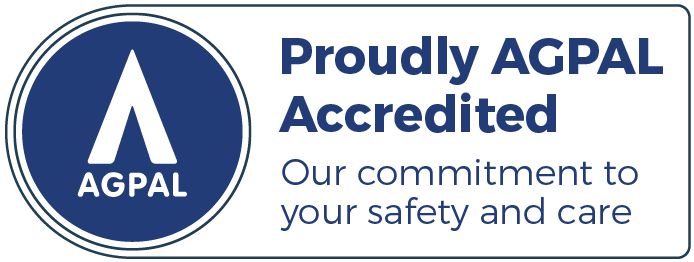
Recovering From Trauma
Next from our clinic blog series “from the doctor’s chair”, we chat with resident GP Dr Vicki Nahamkes about the effects of trauma and the 4 stages of recovery.
Dr Vicky is passionate about excellence in healthcare and believes in a personalised, collaborative and patient-centred approach in her work. Delivering care, within healthcare.
Recovering From Trauma:
If you have experienced an extremely stressful or disturbing event that’s left you feeling helpless and emotionally out of control, you may have been traumatised. Psychological trauma can leave you struggling with upsetting emotions, memories, and anxiety that won’t go away. It can also leave you feeling numb, disconnected, and unable to trust other people. When bad things happen, it can take a while to get over the pain and feel safe again.
The good news is that the human psyche has tremendous capacity for recovery and growth.
Recovering from traumatic experience requires that painful emotions are thoroughly processed. Failure to do so may lead to a condition known as post-traumatic stress disorder which occurs when distressing feelings and troubling events replay over and over in the course of a lifetime.
Regardless of the inner resources that people have to mobilise in dealing with recovery, they can not accomplish the task alone.
Trauma (as well as depression) does not improve in isolation. Recovery rests on connecting to others.
There are 4 stages in the process of recovery:
- Stage One: Circuit breaker:
When the human nervous system is overloaded with too much stimulation and too much danger ie trauma, it shuts down just like a safety switch in the electrical circuit. People describe as feeling numb and empty or being in a “trauma zone”. When the system starts to recover, the person can handle a bit more stimulation and energy, feeling begin to return.
- Stage Two: Return of Feelings
People work through their feelings by telling their story --a hundred times-- to people they are close to. This process allows the person affected by trauma to dispel feelings of distress attached to painful memories. It is indeed a case of “the more you feel,the more you heel”. The expression of feeling may take many forms -- telling their story, writing or drawing. However they choose to tell their stories, the rest of us have an obligation to listen.
- Constructive Action
People need to take action to restore a sense of control and overcome the feeling of powerlessness. No gesture is too small. Getting back to work might be a useful strategy for some as they feel that they start contributing.
- Stage 4: Reintegration
The person affected by trauma slowly returns to their life by growing around their trauma. Their reintegrate their self and their values in a new way. They develop new insights that are deep and profound. They incorporate new meaning into their lives.
People may experience a new sense of the preciousness of life, clarification of goals and a new understanding of the value of ties to others.
Dr V Nahamkes
MBBS FRACGP
Reference: Psychology Today. “Recovering from Trauma “ by Ellen McGrath , 2001.
If you think you or someone you love is experiencing trauma book an appointment with one of our GPs today.


